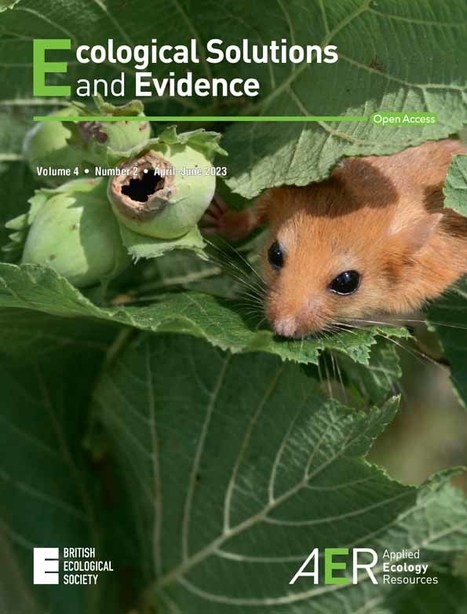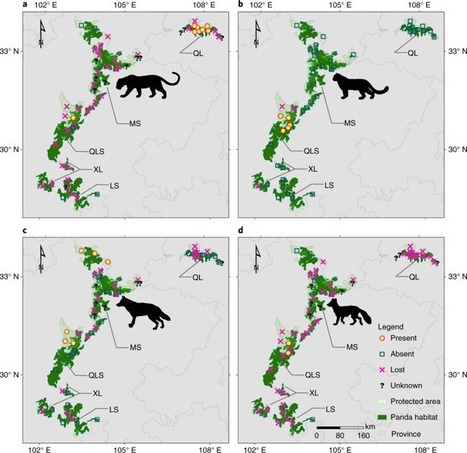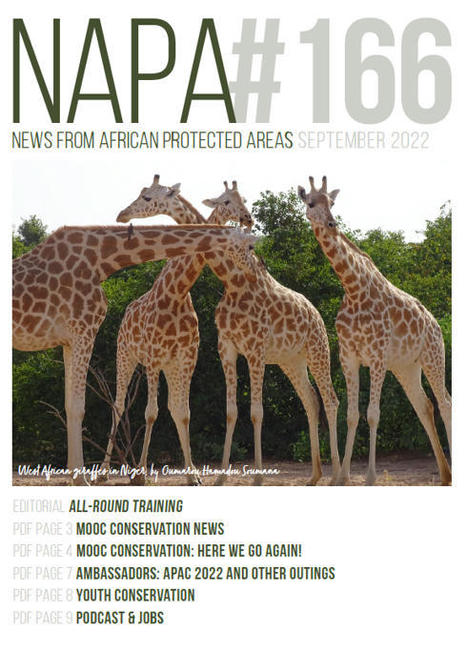We illustrate how to build spaces of interactions between research and management. We present two case studies we conducted through a long-term collaboration between the Centre for Functional and Evolutionary Ecology (CEFE; academic/science—a public research laboratory mostly focused on basic ecological questions) and the French Biodiversity Agency (OFB; non-academic/management—a public institute dedicated to biodiversity protection and restauration, under administrative supervision of ecology and agriculture ministries) with biodiversity monitoring in national parks and management of large carnivores in France.
Research and publish the best content.
Get Started for FREE
Sign up with Facebook Sign up with X
I don't have a Facebook or a X account
Already have an account: Login
Revue de presse et du net par le Pôle de partage des connaissances S&T de l'Office français de la biodiversité
Curated by
DocBiodiv
 Your new post is loading... Your new post is loading...
 Your new post is loading... Your new post is loading...
|
|














Thibaut Couturier, Sarah Bauduin, Guillelme Astruc, & al.05 June 2023, Ecological Solutions and Evidence, Vol.4 https://doi.org/10.1002/2688-8319.12245
Lire aussi "L’OFB et le CNRS bâtissent des ponts entre recherche en écologie et conservation de la biodiversité"